Every year, millions of people struggle with urinary tract infections, kidney issues, and fluid retention. According to the National Kidney Foundation, over 37 million adults in the United States suffer from kidney disease, while countless more experience mild but persistent urinary discomfort. Many turn to herbal teas, with corn silk long celebrated as a traditional remedy. But did you know there’s another humble herb, often dismissed as a useless weed, that might be even more effective?
That plant is goosegrass (Eleusine indica). Found in yards, roadsides, and fields around the world, goosegrass grows abundantly and is usually overlooked or pulled out as a nuisance. Yet in traditional medicine, this hardy green has been valued for centuries for its ability to cleanse the urinary tract, reduce inflammation, and support overall detoxification.
In this article, we’ll explore why goosegrass deserves more respect, the unique benefits of drinking goosegrass tea, practical ways to prepare it, and real-life stories of people who found relief with this underrated herb. By the end, you’ll see why goosegrass may be a hidden treasure in plain sight.
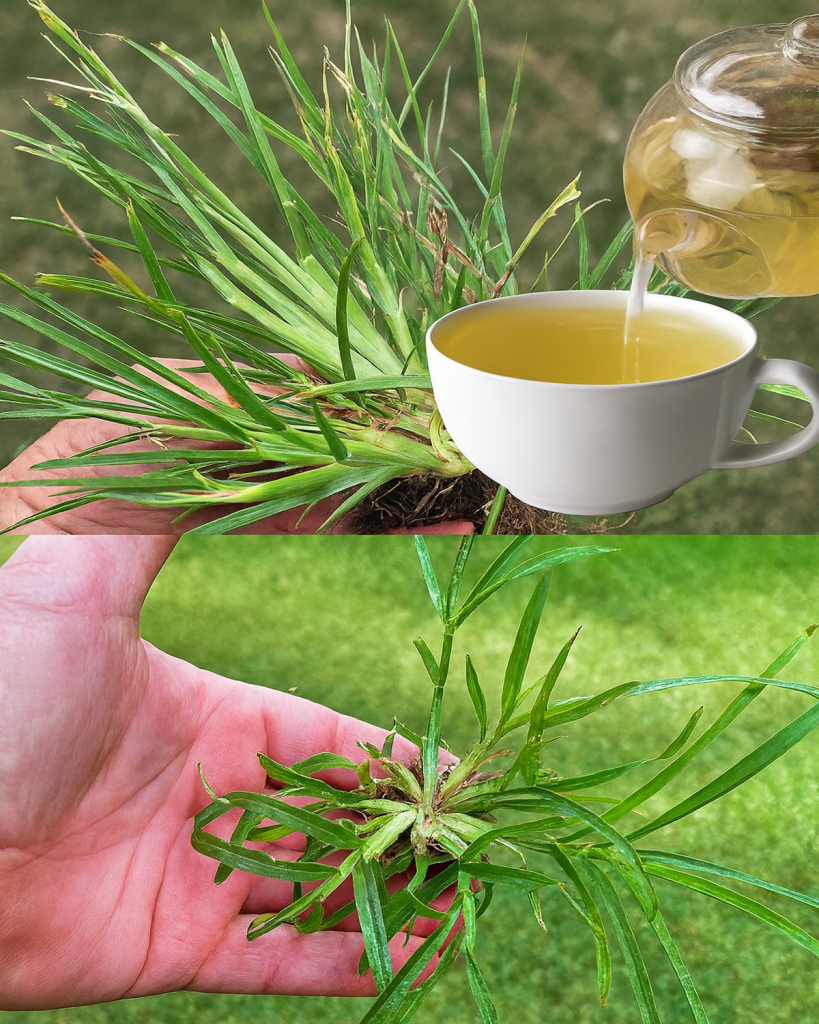
What Is Goosegrass and Why Does It Matter?
Goosegrass, also known as yard-grass or wiregrass, is a fast-growing annual plant that thrives in warm climates. While gardeners often see it as a weed, herbalists regard it as a valuable medicinal plant with cooling and cleansing properties.
Key Nutrients and Compounds in Goosegrass
| Compound | Benefit |
|---|---|
| Flavonoids | Antioxidant, protect against oxidative stress |
| Alkaloids | Support immune response and circulation |
| Polyphenols | Anti-inflammatory and antimicrobial effects |
| Potassium | Maintains kidney and heart function |
| Fiber | Aids detoxification and digestion |
These natural compounds explain why goosegrass tea has been compared to, and sometimes preferred over, corn silk tea in traditional remedies.
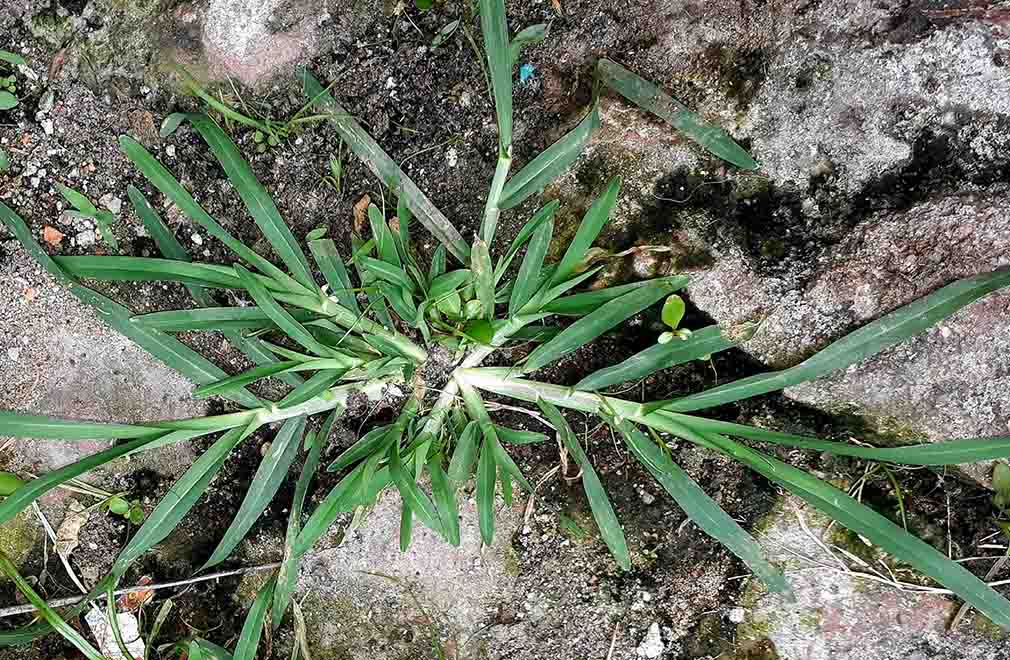
Health Benefits of Goosegrass Tea
1. Promotes Kidney and Urinary Tract Health
Goosegrass is a natural diuretic, meaning it helps the body eliminate excess fluids and toxins. This supports kidney function and reduces the risk of urinary tract infections.
Example: In Southeast Asia, goosegrass tea is a common home remedy for soothing painful urination and preventing kidney stones.
2. Natural Detoxification
By flushing excess fluids, goosegrass helps cleanse the blood and supports liver and kidney detox. This may reduce bloating, swelling, and water retention.
3. Anti-Inflammatory Effects
Goosegrass contains polyphenols that calm internal inflammation, which is linked to chronic conditions like arthritis and cardiovascular disease.
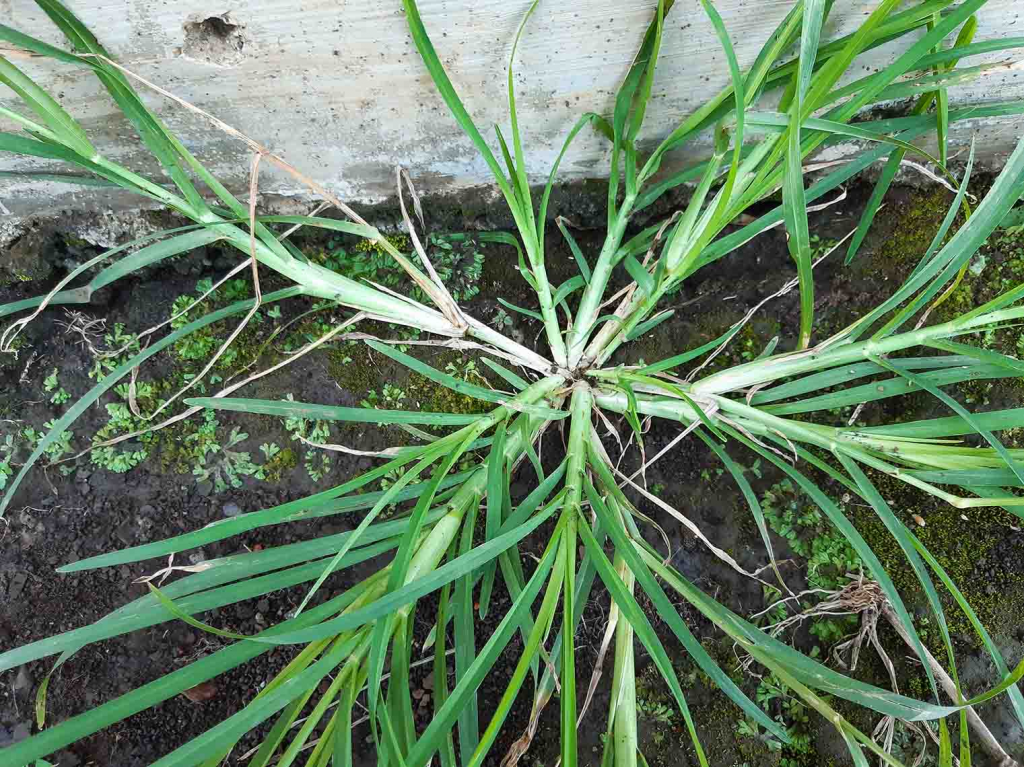
4. Fights Microbes and Infections
Research shows goosegrass extracts possess antimicrobial properties that inhibit bacteria and fungi. This makes it especially valuable for urinary tract and digestive health.
5. Supports Blood Pressure Balance
Thanks to its potassium content, goosegrass tea helps regulate sodium levels and supports healthier blood pressure.
How to Prepare Goosegrass Tea
Simple Recipe
- Gather a handful of fresh goosegrass (pesticide-free).
- Wash thoroughly to remove dirt.
- Boil in 3 cups of water for 15–20 minutes.
- Strain and drink warm.
Tip: Drink 1–2 cups a day, no more than 3 days a week, to avoid overuse.
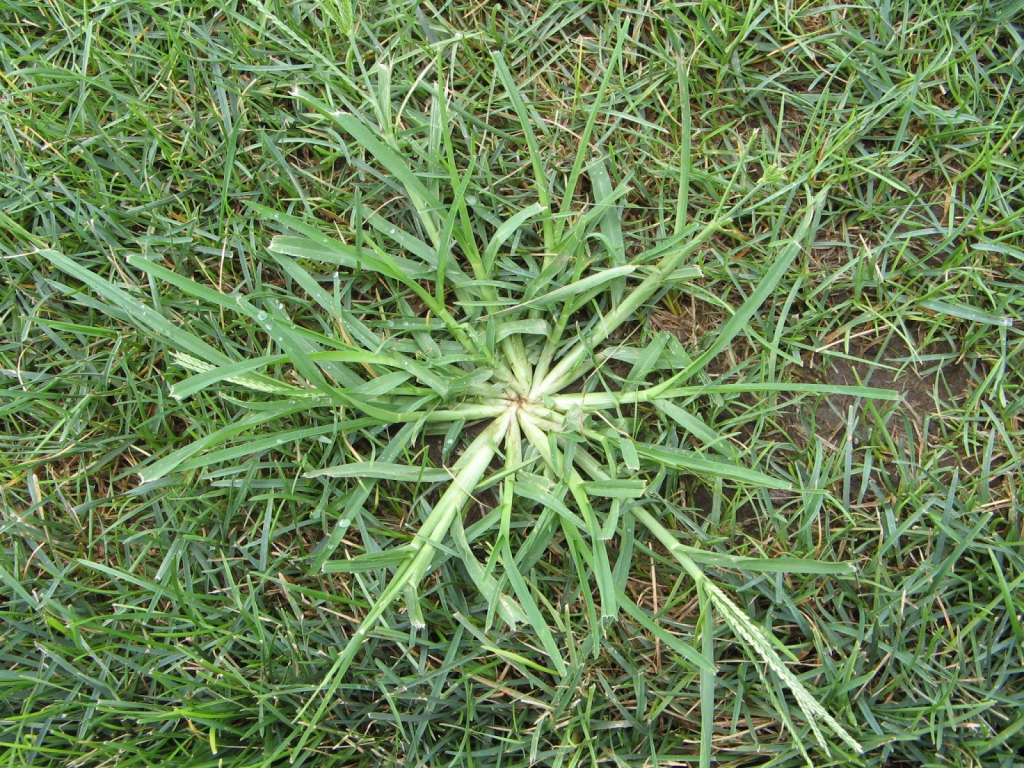
Other Practical Uses
- Juice: Blend goosegrass with water, strain, and sip as a detox tonic.
- Poultice: Crush fresh leaves into a paste and apply to insect bites or minor wounds.
- Powder: Dry and grind leaves to use in herbal blends.
Real-Life Experiences
Case Study: Minh, 46 – After suffering recurring kidney discomfort, Minh began drinking goosegrass tea twice a week. Within a month, he reported less bloating and greater comfort.
Case Study: Sarah, 38 – Dealing with frequent urinary infections, Sarah tried goosegrass tea on a friend’s recommendation. Combined with medical advice, she noticed fewer episodes and better hydration.
Case Study: David, 60 – Concerned about high blood pressure, David added goosegrass tea to his wellness routine. Along with exercise and dietary changes, his readings gradually improved.
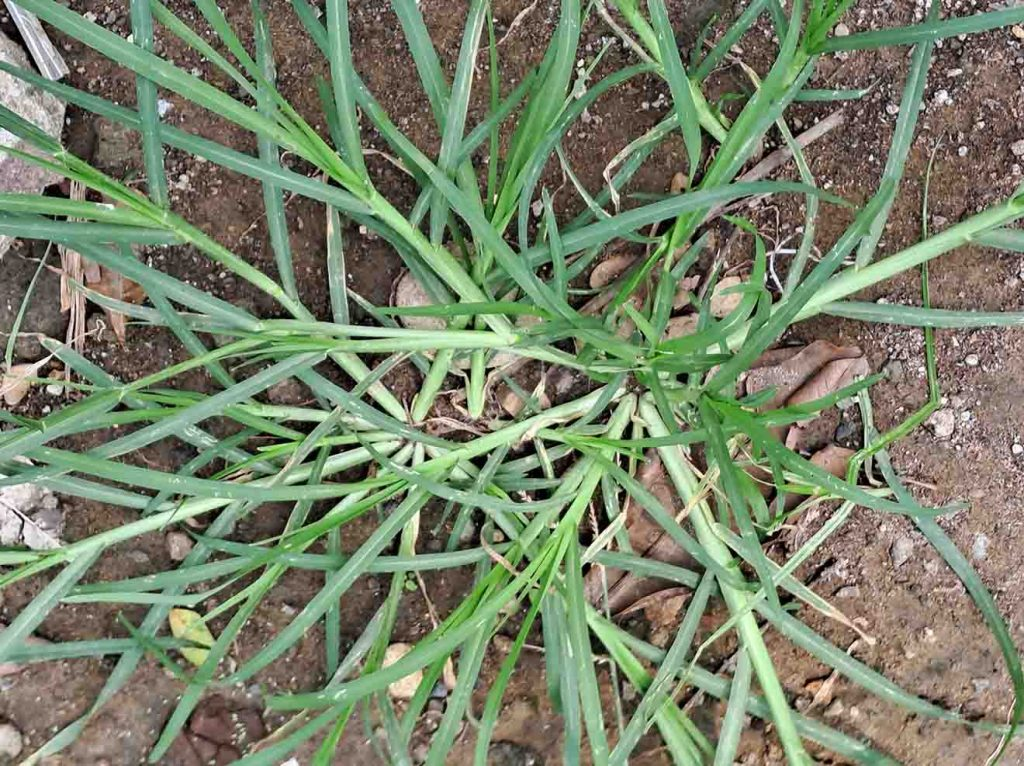
Safety and Precautions
While goosegrass is generally safe when used in moderation, it should be consumed responsibly.
- Avoid high doses, as strong diuretic effects may cause dehydration.
- Pregnant and breastfeeding women should avoid it unless approved by a doctor.
- People with kidney disease or those taking diuretics should consult a healthcare provider.
- Always harvest goosegrass from clean, chemical-free areas.
Conclusion
Goosegrass may look like an ordinary weed, but its health potential is extraordinary. As a tea, it offers powerful support for the kidneys, urinary tract, and overall detoxification, rivaling even corn silk in effectiveness. Simple, affordable, and widely available, goosegrass is a natural remedy worth rediscovering.
Quick Takeaways (FAQ Style):
Is goosegrass tea safe for daily use? Best consumed 2–3 times per week, not daily, to avoid overuse.
Can it really replace corn silk tea? Both have diuretic and cleansing effects, but goosegrass is often considered stronger.
Does it help with kidney stones? It may reduce risk by flushing excess minerals, but consult a doctor for treatment.
Can I grow goosegrass at home? Yes, but it often grows naturally without effort in most yards.
Disclaimer: This article is for informational purposes only and does not replace professional medical advice. Always consult your healthcare provider before using goosegrass for therapeutic purposes.




